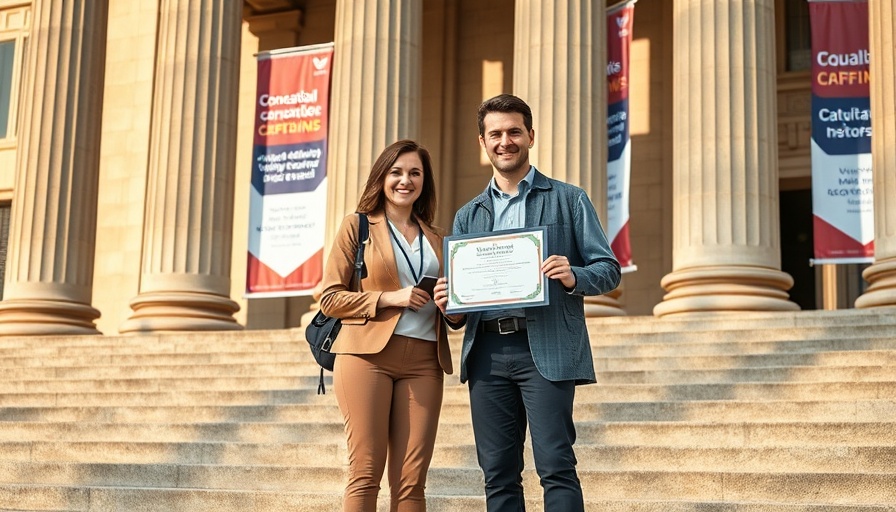
Achieving Excellence in Early Childhood Education
In a significant milestone for the early childhood education sector, Dibber International Preschools proudly announces that 10 of its schools have successfully completed the esteemed Afri Compliance 5-Star Schools Certification Programme. This accomplishment is not merely a badge of honor; it represents a dedicated commitment to providing a safe and nurturing environment for children, aligning with the highest global standards.
Ursula Assis, Country Director for Dibber in South Africa, expressed how this certification serves as a testament to their unwavering focus on safety, security, and the overall wellbeing of each child in their care. “We believe that a secure learning environment significantly contributes to the holistic development of children,” Assis explained. The schools willingly participated in this rigorous assessment despite no legal requirements to do so in South Africa, showing true leadership and dedication to quality education.
The Comprehensive Audit Process
The independent audit was conducted by Afri Compliance, which scrutinized various critical operational areas. These included everything from the safety of school buildings and playgrounds to emotional care, healthcare preparedness, and student protection mechanisms. By diligently evaluating aspects such as environment security, equipment maintenance, and internal safety protocols, the external review highlighted the importance of creating a holistic atmosphere conducive to learning.
“Our commitment to high standards has resulted in a benchmark for early childhood education in South Africa,” said Assis, emphasizing the vital role these evaluations play in ensuring safety and enriching educational experiences.
Why This Certification Matters for Parents and the Community
Parents are understandably concerned about the safety and quality of education their children receive, especially in the formative years. The achievement of the 5-Star Compliance Certification allows parents to have peace of mind, knowing that their children are in an environment that prioritizes not just learning, but their emotional and physical safety.
Moreover, this initiative plays a significant role for under-resourced schools, creating a model that can inspire improvements across the sector. It reflects a broader commitment to quality education, addressing the urgent need for elevated standards and more resources, especially for children in disadvantaged communities. This initiative fosters not only individual growth among students but could also bolster overall community wellbeing.
The Future of Early Childhood Education in South Africa
As Dibber International Preschools paves the way in South Africa, this 5-Star certification signals a transformative shift in the sector. It invites other educational institutions to reflect on their standards and practices and consider the positive impact of such comprehensive evaluations. The ideals underpinning this certification could lead to a greater emphasis on credentials that promote educational quality, safety, and the overall learner experience in pre-schools across the nation.
Considering the current climate, with many educational systems reevaluating their approaches in light of ongoing changes, initiatives like this can inspire innovative practices. Stakeholders in education are encouraged to adopt collaborative frameworks aimed at enhancing educational standards, which will ultimately guide children equipped for the challenges of the Fourth Industrial Revolution.
Conclusion: A Call to Invest in Educational Quality
The recent successes of Dibber International Preschools in achieving 5-Star Compliance serve as a vital reminder of the importance of quality in early childhood education. As parents and educators, there’s an opportunity to advocate for greater investments into educational programs and infrastructures that promote holistic learning environments. It’s imperative to reinforce the message that a commitment to excellence not only benefits individual institutions but also uplifts the entire educational landscape in South Africa.
By standing together, stakeholders can foster environments that inspire curiosity, independence, and a love of learning, which is essential in developing the next generation of scientists, leaders, and innovators. The efforts from Dibber International Preschools can therefore ignite a movement towards higher standards across all educational sectors. Together, let us champion quality education that ensures bright futures for our children.
 Add Row
Add Row  Add
Add 




Write A Comment